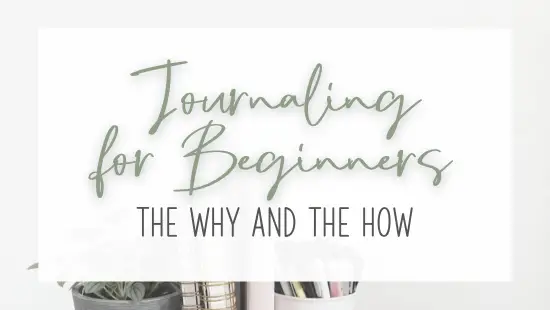
Note - Affiliate links may be used in this post, including Amazon affiliate links. I may receive a small commission at no extra cost to you if you use my affiliate link. But don't worry, all the opinions expressed are my own!
Journaling for Beginners: The Why and the How
How to Start Journaling (Even If You’re a Beginner)
If you’re thinking about starting a journal, congratulations! You’re about to embark on a journey of self-discovery that can be incredibly rewarding. Keeping a journal is a great way to explore your thoughts and feelings, and it can be helpful in times of stress or uncertainty.
Journaling, for beginners, can also feel a little intimidating if you’ve never done it before. Where do you start? What do you write about? How often should you journal?
Never fear! In this post, we’ll answer all of these questions and more, so you can get started journaling with confidence. We’ll also provide some journaling tips for beginners and journal prompt ideas to help inspire your writing. So grab a pen and settle in – it’s time to start journaling!
How journaling might change your life
When it comes to keeping a journal, there are endless positives that can come from the simple act of putting pen to paper, but here are just a few benefits of journaling:
A new way to process emotions and thoughts
If you’re feeling overwhelmed or stressed, journaling can be a great way to release those feelings. It can also help you track your progress towards personal goals or document your life journey.
Improved mental health
Journaling is an excellent way to get your thoughts out and make space for peace. Studies have shown that journaling can help reduce negative memories, such as those associated with trauma or PTSD – including intrusive imagery of these events! It’s also been found effective in improving working memory capacity, which will allow you more time at work without feeling overwhelmed by constant distractions from what needs doing now…
More organized thought patterns
Journaling can bring organization and clarity to your thoughts – especially if you feel scattered or stressed. The simple act of journaling can help you make sense of what’s going on in your head and better understand your thought process.
Increased creativity
Journaling can also help spark new ideas and creativity. For example, journaling can help you get those creative juices flowing again if you’re stuck in a rut. And if you journal regularly, you’ll likely find that your ideas come more quickly and are more original than before.
Better self-reflection and awareness
Keeping a journal is an excellent way to help you learn more about yourself – what makes your heart sing, why some days are better than others… It will give rise to self-awareness that can be invaluable in making changes for the better.
How to get started journaling
Journaling is an excellent way for you to get all of those thoughts and feelings out on paper. So how can you get started on your new habit?
Pick up a journal
The first step is to find a journal that speaks to you. There are journals of all shapes and sizes, from beautiful notebooks to simple spiral-bound notebooks. Pick one that catches your eye and makes you feel excited to start your journaling habit!
Set some ground rules
Next, it’s time to set some ground rules for your journaling practice. Decide how often you want to journal, and commit to sticking to that schedule. If you’re not sure how often you should journal, start with once a week and see how it goes. You can always increase the frequency.
Find a journaling method that works for you
Not all journaling has to be done in long-form paragraphs. If that feels intimidating, try a different journaling method! You could try bullet journaling, which is a great way to organize your thoughts and track progress towards goals. Or you could try using a journaling app like Day One, which offers prompts and templates to help you get started.
Find inspiration
One of the best things about journaling is that there are no rules – you can write about anything and everything that interests you. If you’re feeling stuck, however, it can be helpful to find inspiration from other sources. Check out blogs, Instagram accounts, or Pinterest boards related to journaling for ideas.
Start writing
Now it’s time to start writing! If you’re not sure what to write about, try some of the following prompts:
- What was the best thing about today?
- Write down your thoughts and feelings about yesterday’s events?
- What are your goals for the week/month/year?
- What are you grateful for?
- Why did you choose the journaling prompts that you did?
- What’s something interesting that happened today?
- What are your thoughts on self-care?
- What’s been on your mind lately?
Don’t worry about perfection
One of the most important things to remember when journaling is that there are no rules. Don’t worry about writing perfect sentences or using fancy words – just write from the heart. The goal is to get your thoughts and feelings down on paper, so don’t worry about making them sound “perfect.”
End with a reflection
When you’re finished writing, take a few minutes to read through what you’ve written. What did you learn about yourself? What are your thoughts and feelings on journaling? Did you enjoy the journaling process? Reflecting on your journaling session can help you get more out of the experience. It can also help you decide what to journal about next time.
Types of Journals
There’s a journal for every type of person. From the deeply personal to reflections on your life, there is something here that will speak directly with you and help fill in some gaps about what matters most! Here are a few of the most popular journal types:
A gratitude journal
You’ll write down things you’re grateful for each day in this journal. This can be anything from your morning cup of coffee to a beautiful sunset. Focusing on the positive can help you boost your mood and appreciate the good things in life.
A daily journal
In a daily journal, you’ll write about your day-to-day experiences. This is a great way to document your life and track your progress over time. You can also use a daily journal to reflect on your thoughts and feelings and process difficult events in your life. A daily journal is a great way to start your journaling habit.
A travel journal
If you love to travel, a travel journal is a great way to document your experiences and reflect on the places you’ve been. A travel journal can also be a great way to remember the details of your trip, like the names of restaurants and hotels and the people you meet along the way.
A dream journal
Do you ever have vivid dreams that you can’t forget? A dream journal can be a great way to document these dreams and reflect on their meaning. Keeping a dream journal can also help you remember your dreams more clearly, and it can be a fun way to track your progress in lucid dreaming.
A goals journal
In a goals journal, you’ll track your progress towards personal or professional goals. This journal can be a great way to stay motivated and on track, and it can also help you reflect on your progress over time.
A journal for your mental health
If you’re struggling with mental health issues, journaling can be a helpful way to cope with your symptoms and track your progress in recovery. In this journal, you can write about your thoughts and feelings, document your symptoms, and reflect on your journey towards mental wellness.
A guided journal with prompts
If you need some help getting started with journaling, a guided journal can be a great way to get the wheels turning. Guided journals often come with prompts that can help you kick-start your journaling practice.
A blank journal
If you prefer to journal without prompts or guidance, a blank journal is the way to go. This journal gives you the freedom to write about whatever you want, and it’s a great way to document your thoughts and feelings without any interference.
A creative journal
A creative journal is a great way to express yourself through art, poetry, and writing. This journal can be used for anything from brainstorming ideas to working through writer’s block.
A bullet journal
A bullet journal is a type of journal that uses a specific format to help you organize your thoughts and ideas. Bullet journaling can be used for anything from tracking your daily to-do list to planning your meals for the week. (Bullet journaling doesn’t work out for me, but it might be just your style!)
A memory journal
With a memory journal, you can document your life story by writing about the important moments. These could be events from childhood to the current day-to give an account of everything that has happened so far and how they have impacted who we are now!
No matter what type of journal you choose, the important thing is to find one that speaks to you and helps you connect with your thoughts and emotions. Journaling is a personal practice, so there are no “right” or “wrong” journal types – it’s all about finding the one that works best for you.
Do I need to buy anything to start journaling?
Nope! Journaling can be done with any type of paper and pen (or pencil). However, if you want to invest in a journal, there are many different types and styles to choose from. For example, you can find journals made from recycled materials, sustainable materials, or even upcycled materials. If you’re looking for something a bit more luxurious, you can find journals made from leather, linen, or even silk. The important thing is to choose a journal that you’ll enjoy using and will inspire you to journal more often.
A few more items to consider as you journal
- Colored pens or markers
- Stickers
- Washi tape
- Stamps
These items aren’t necessary, but they can be fun to use and add a bit of personality to your journal pages.
Do I have to journal every day?
No, journaling is a personal practice, so there is no “right” or “wrong” answer to this question. Some people journal every day, while others journal once a week or even once a month. The important thing is to journal as often as you feel comfortable, whether every day or every now and then. The point is to make journaling a practice that you enjoy. Experiment until you find what works best for you.
A few journal prompts to get you started
Need some inspiration for your journal? If that blank page is still empty, here are a few prompts to get you started:
Name three things you’re grateful for today.
What was the best part of your day?
What are your thoughts and feelings about (insert current situation)?
How did you feel today? Why do you think you felt that way?
What are some things you want to remember about today?
What would you have done differently today?
Write down your thoughts on current events.
What was the worst thing about today?
10 things you would like to change about your life.
What are your goals for the week/month/year?
5 goals for the next week.
What were some of the challenges you faced today?
Write about your biggest accomplishment today.
What did you learn today?
So there you have it – the why and how of journaling for beginners!
If you’re looking for a way to jumpstart your creativity, improve your mental health, or simply document your life, journaling may be the perfect hobby for you. Just make sure to keep it up – the benefits of journaling are only realized if you stick with it! Thanks for reading. Do you have any questions before you start journaling? Let us know in the comments below.
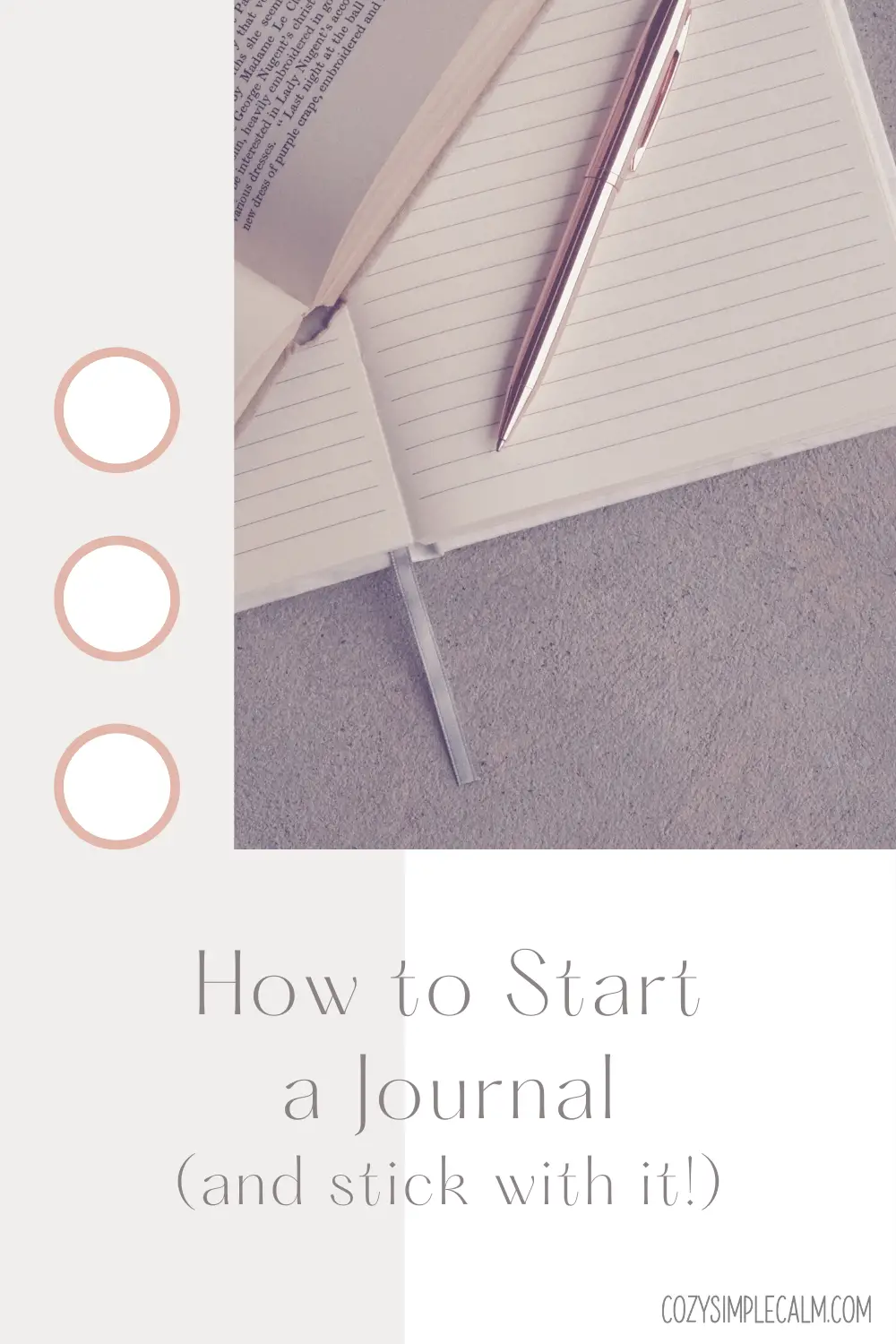
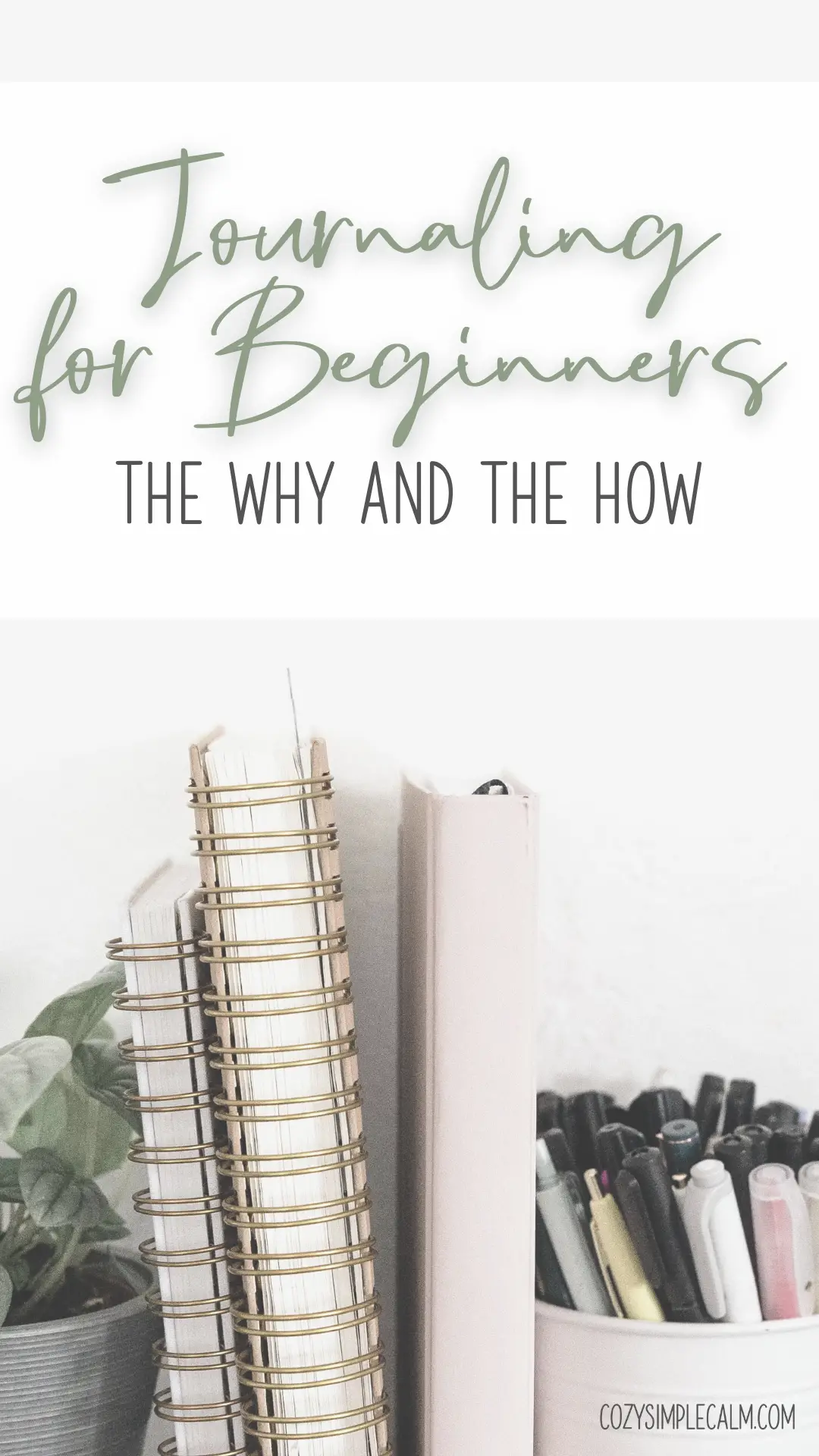
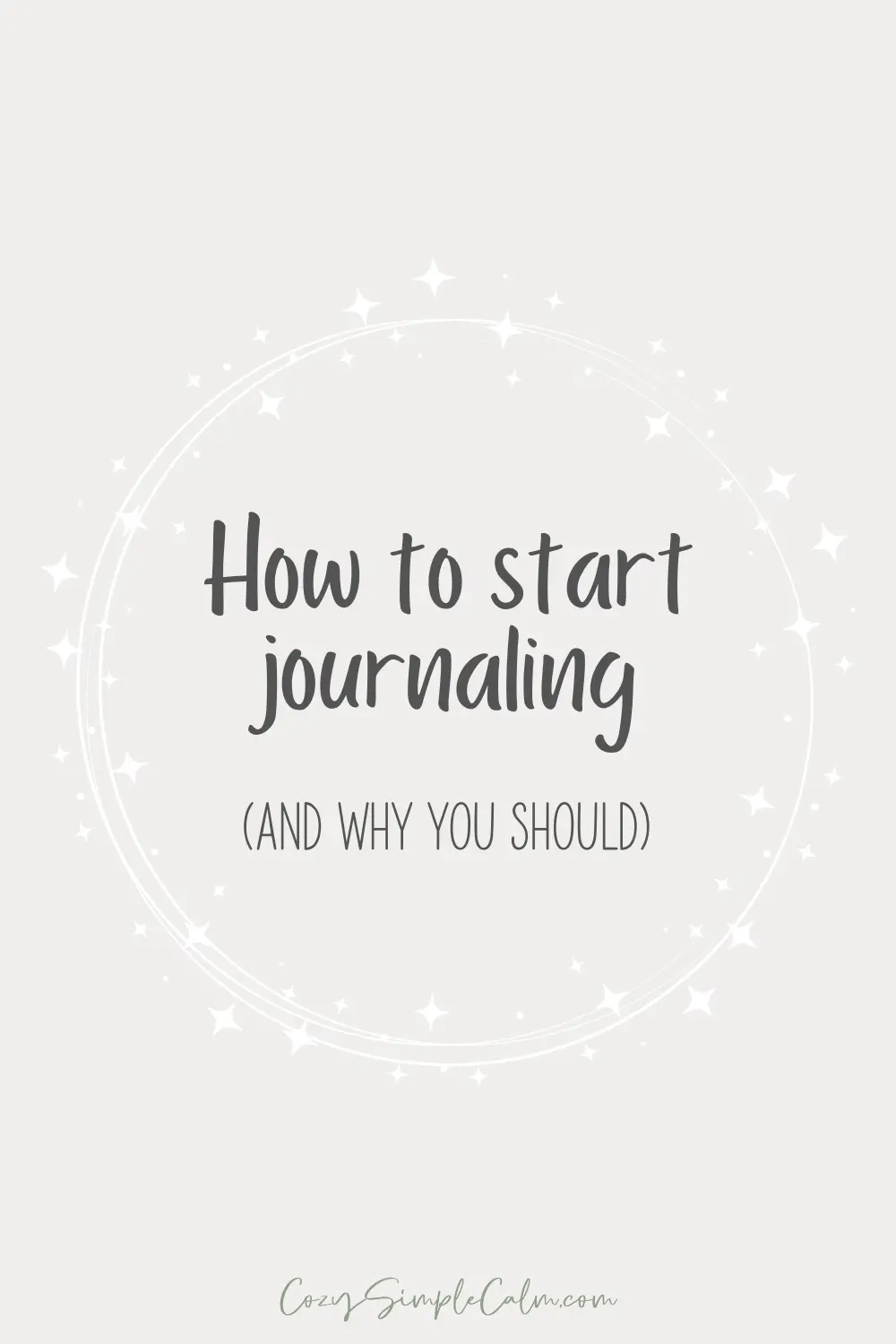

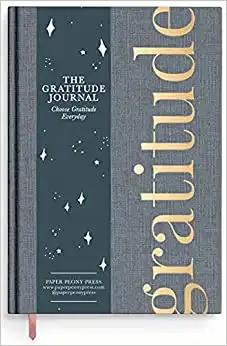
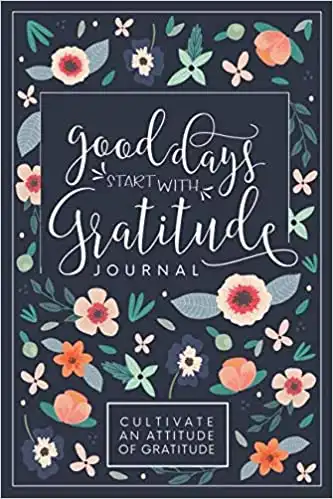
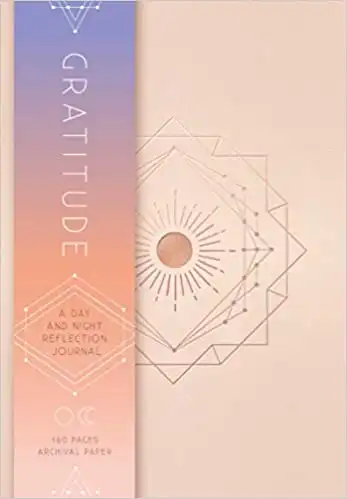
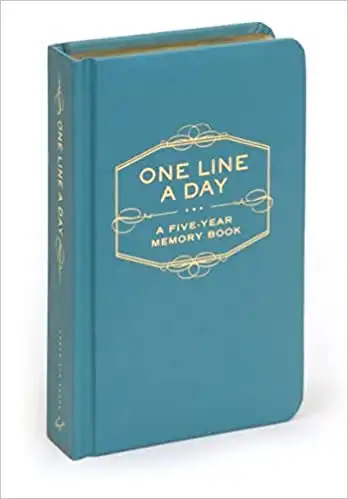

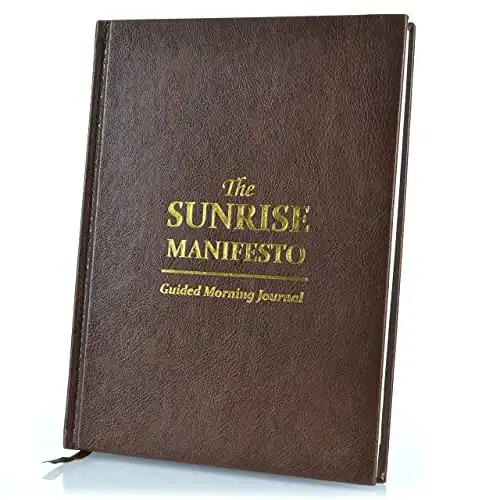
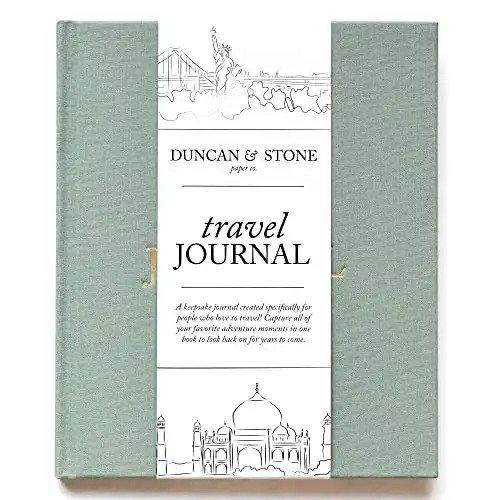

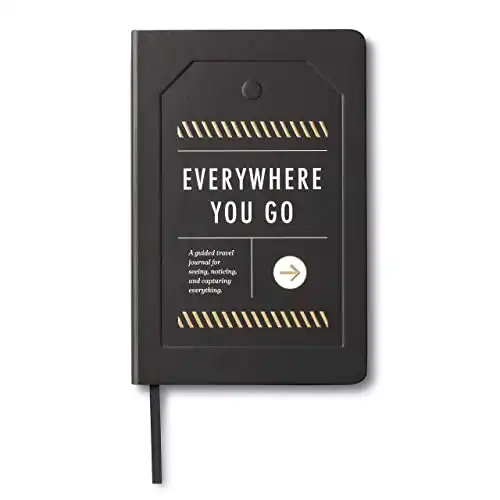

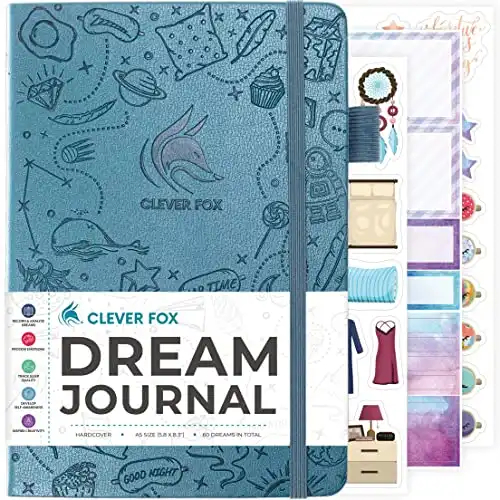
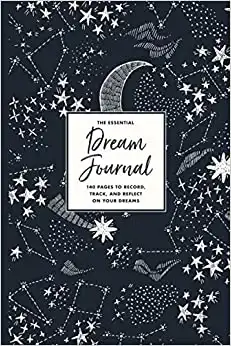
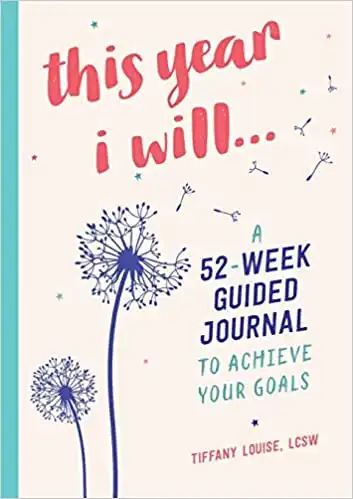
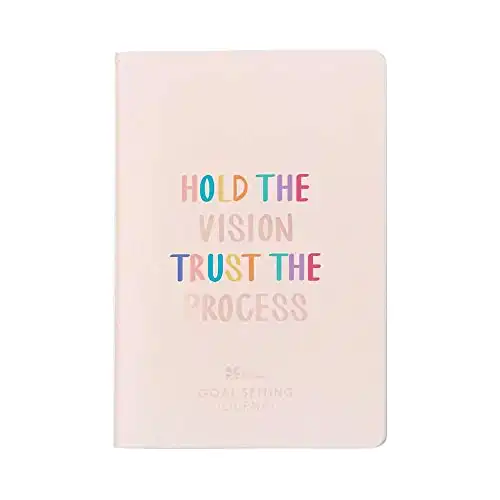
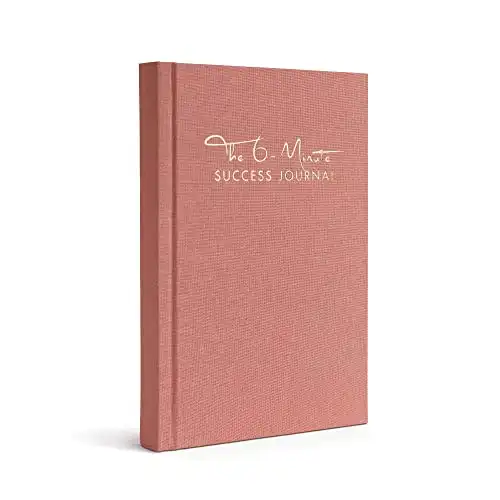
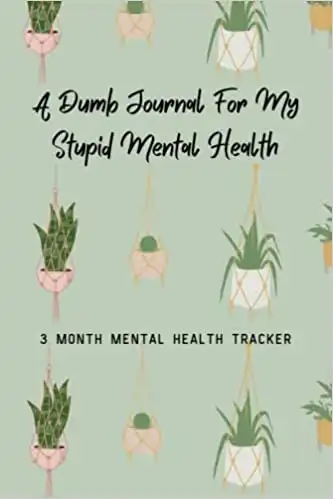
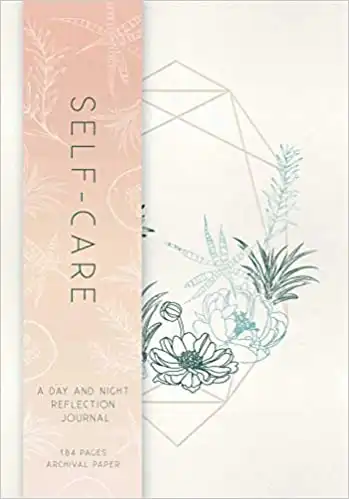
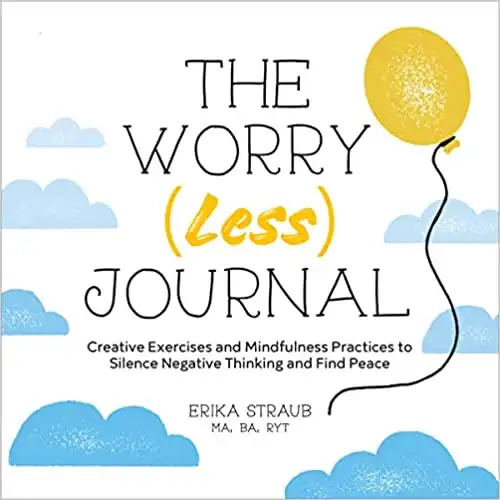
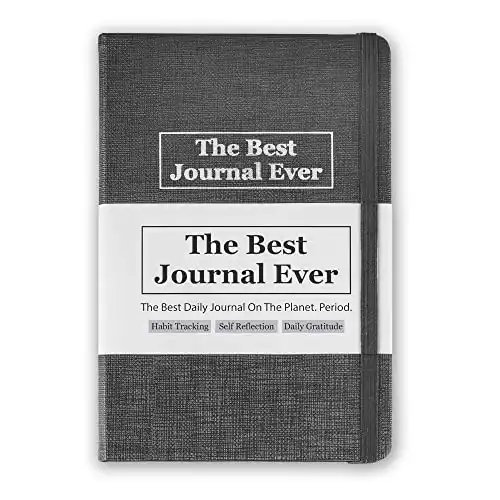
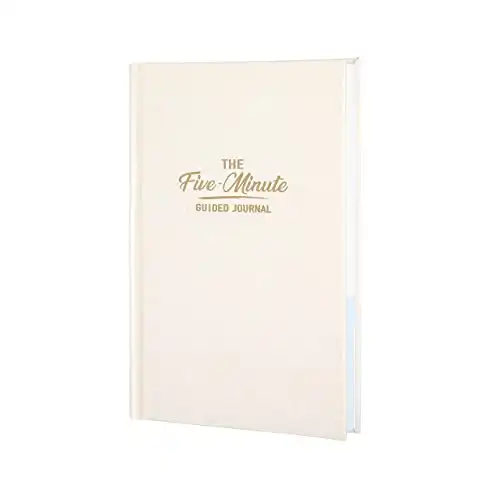
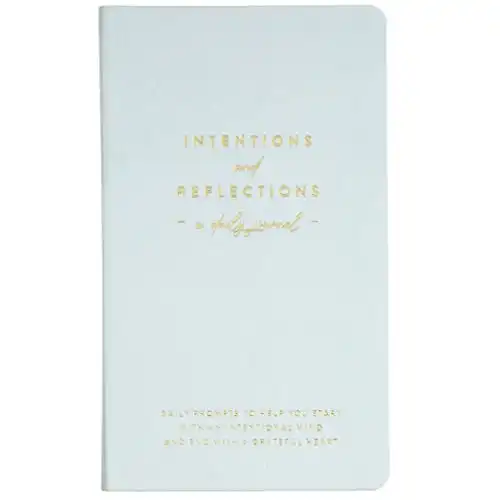
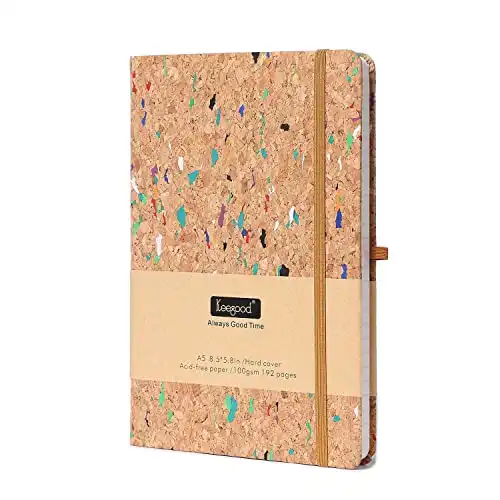
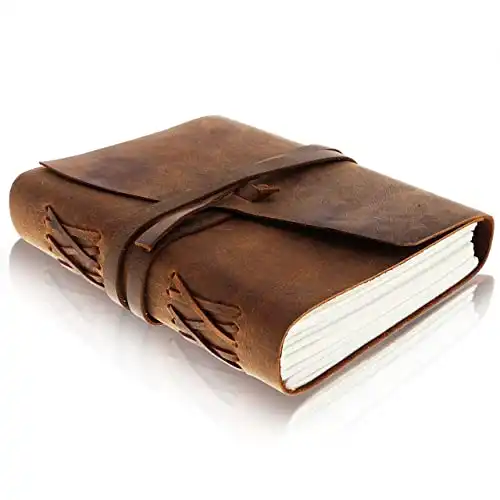
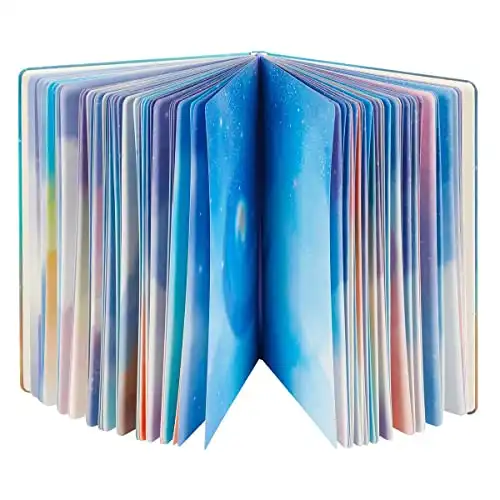
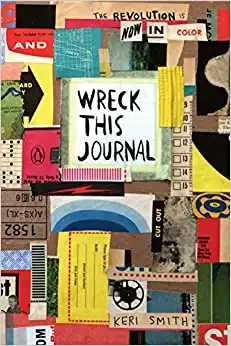
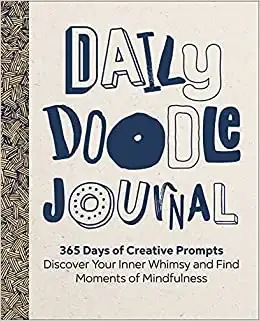
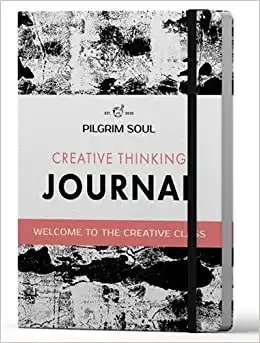
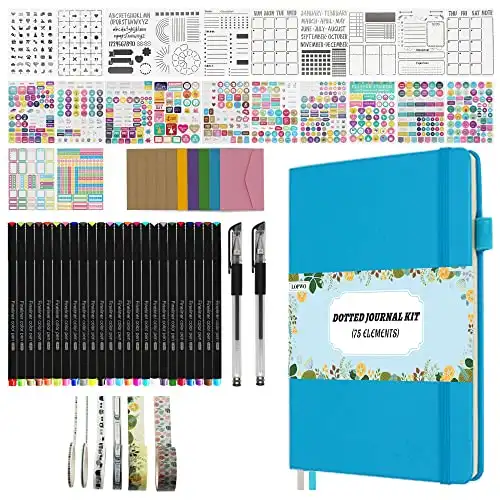
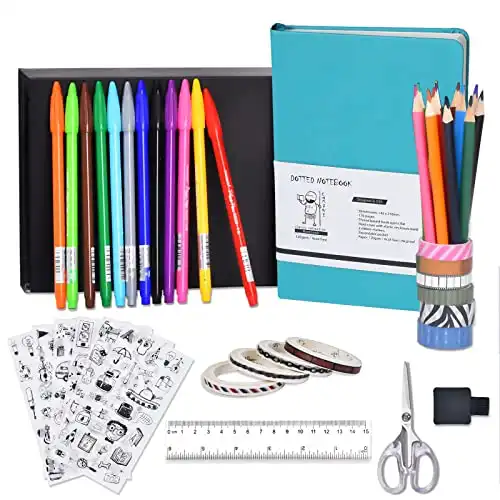
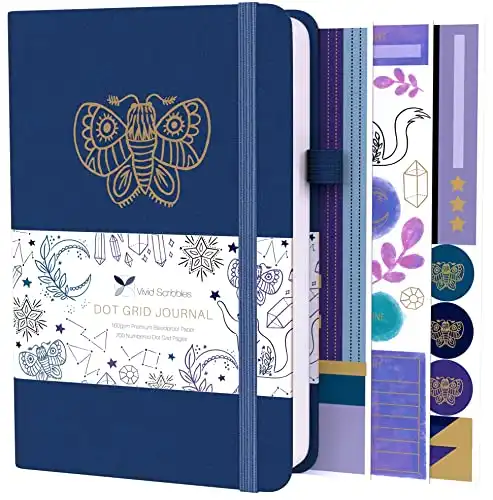
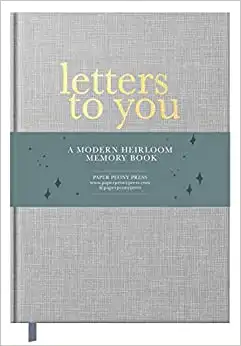
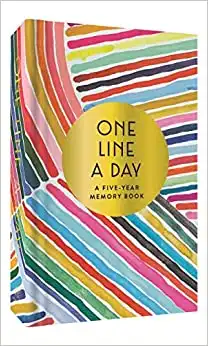
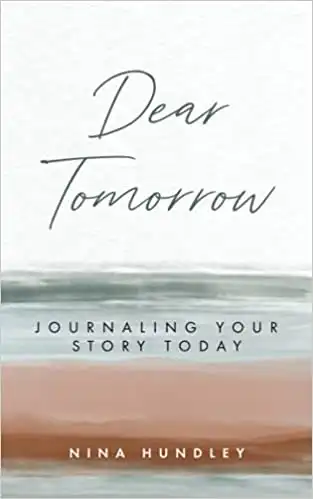
You’ve nailed the top reasons to journal. I find it so therapeutic. It really causes you to slow down and appreciate what happened that day, how you are feeling, etc..
For me journaling is like therapy. You have jot down all the points well. Loved it
I think everyone should journal. I have been since I could write. So many journals. They have helped me through sad times and reminded me of the good times. Great post
I love journaling in fact I actually put in my to-do list as a reminder to journal every day so I don’t forget.
I use a Happy Planner and have started using blanket pages to do some bullet journaling. So far it works but I’m still figuring it all out with mixing the 2 styles.
Journaling really helps me in time management and being productive on daily basis.
Love this. I was just thinking this morning how I need to get back into journaling. I keep starting a bullet journal and then failing at it because I don’t have the time to do all of the habit trackers and stuff. So I’m going to go back to just writing in my journal and then maybe down the line get back into the bullet journaling.
That’s exactly why bullet journaling didn’t work very well for me, even though I love the idea! A few quick lines about my day and what’s on my mind in my daily planner works out so much better for me.
Thanks for sharing this post! Very informative. I’ve tried journaling in the past and loved it. Whenever I feel stressed or overwhelmed, I journal! I didn’t realize there were different types of journaling besides bullet journals. The wreck journal seriously calls to me!
I’m so planning to try a wreck journal too! It sounds like so much fun!!!
I only just started journaling and one of the main reasons I do it is to help me to remember things (I’m at the age, unfortunately).
Thanks for your insight on this.
That’s a great reason! (And I’m right there with you…I miss the good memory I used to have…!)